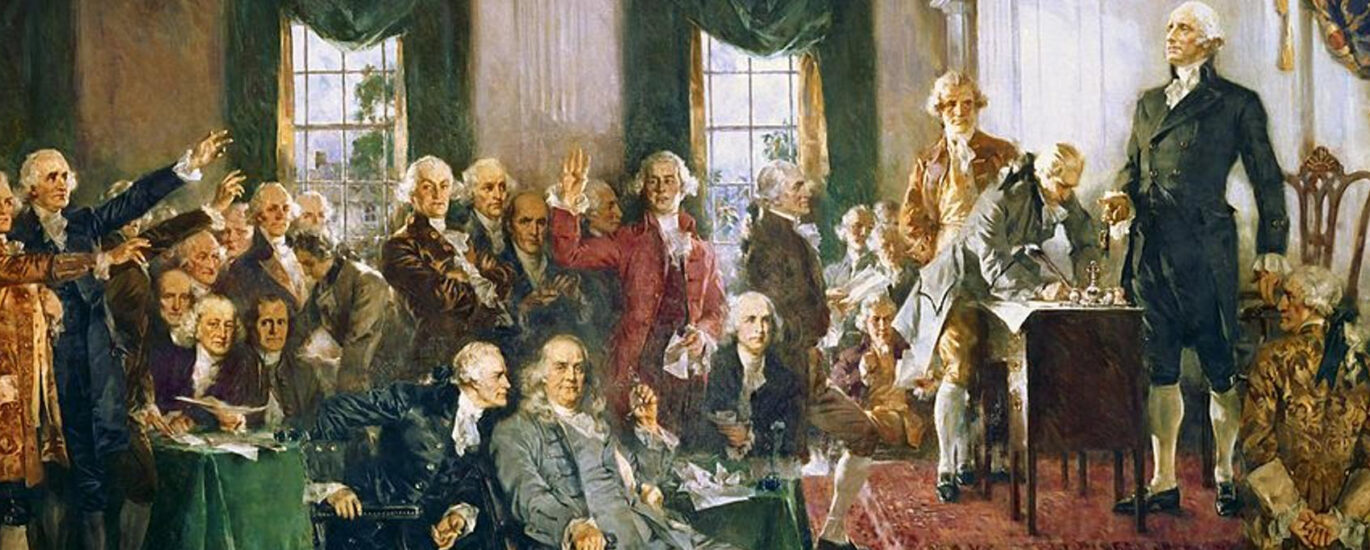“When you put your hand to the plow, you can’t put it down until you get to the end of the row.”
– Alice Paul
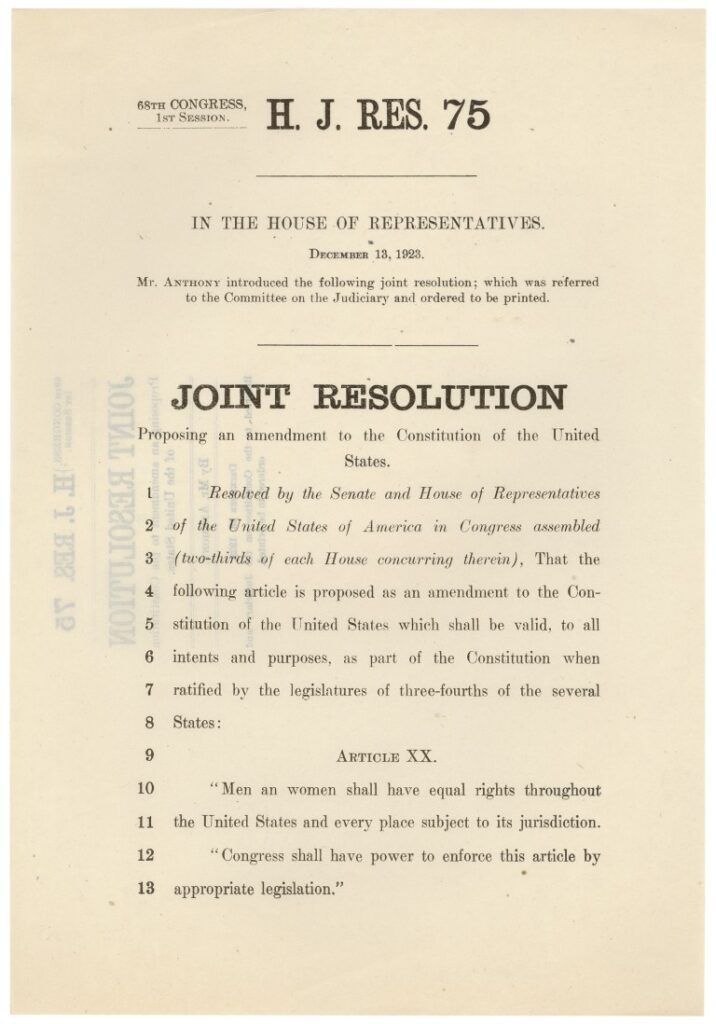
The Document
After most American women attained suffrage in 1920, Alice Paul and some members of the National Woman’s Party shifted their attention to constitutional guarantees of equality through the Equal Rights Amendment. The right to vote does not guarantee the right to equal justice under the law, equal access to opportunity, equal education, or equal pay for equal work, so Paul wrote the Equal Rights Amendment and delivered it to Congress in 1923. For twenty years it didn’t pass, and in 1943, the amendment was renamed the “Alice Paul Amendment”, and its wording was changed to the version that still exists today. The ERA reads “Equality of rights under the law shall not be denied or abridged by the United States or by any state on account of sex” and has three sections further defining it. Although the amendment was proposed in 1923 and passed by Congress in 1974, it has still not been ratified by Alabama, Arizona, Arkansas, Florida, Georgia, Louisiana, Mississippi, Missouri, North Carolina, Oklahoma, South Carolina and Utah. As of June 2021, the Equal Rights Amendment has still not been ratified and adopted into the US Constitution.
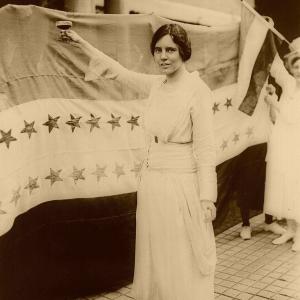
The Author
Alice Stokes Paul was born on January 11, 1885, in New Jersey. She grew up in the Quaker tradition of public service, and she first learned about women’s suffrage from her mother, who was a suffragette and would sometimes bring her along to suffragist meetings. From 1901 to 1907, Paul studied biology, political science, sociology, and economics at Swarthmore College and the University of Pennsylvania. She then moved to England to continue her studies, and there joined the militant suffrage group The Women’s Social and Political Union. Paul was arrested repeatedly during suffrage demonstrations and served three jail terms. After returning from England to the United States in 1910, she earned a Ph.D. in sociology from the University of Pennsylvania, with a dissertation titled “The Legal Position of Women in Pennsylvania.” In 1913, Paul helped organize the Woman Suffrage Procession down Pennsylvania Avenue in Washington, D.C., which over 8,000 people attended. In 1923, Paul wrote the Equal Rights Amendment and delivered it to Congress, three years after her fellow suffragists had successfully attained the 19th Amendment. Paul spent more than 50 years as leader of the National Woman’s Party, which fought to pass the ERA. She additionally worked for the inclusion of women as a group protected against discrimination by the Civil Rights Act of 1964, alongside Pauli Murray. Alice Paul passed away in 1977, after 70 years of tireless advocacy for women’s rights.
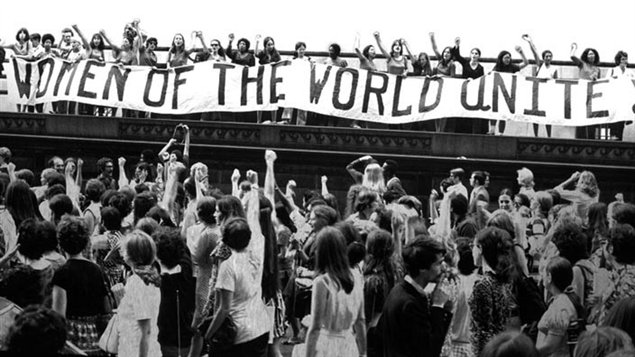
The Equal Rights Amendment
Equality of rights under the law shall not be denied or abridged by the United States or by any state on account of sex.
Section 1: Women shall have equal rights in the United States and every place subject to its jurisdiction. Equality of rights under the law shall not be denied or abridged by the United States or by any State on account of sex.
Section 2: Congress and the several States shall have the power to enforce, by appropriate legislation, the provisions of this article.
Section 3: This amendment shall take effect two years after the date of ratification.
Our Guests
Emily Bell McCormick & Kelly Whited Jones

Emily Bell McCormick is founder of The Policy Project— a group of individuals and like-minded organizations that help move forward healthy, long-term policy at a local and national level. Emily is also the editor of Utah’s NBC affiliate KSL Studio 5 “Smarter” series–informing viewers about issues, government, policies and politics of the time and helping to empower viewers to find their place in it all. She also co-presents “The State of Women in Utah” on local news radio, KSL. She is co-president of the Utah ERA Coalition. Emily earned a Master’s degree from The Ohio State University and a bachelor’s degree from Brigham Young University.

Kelly Whited Jones is a life-long Utahn raised on a small farm in Utah County. She is an educator, fundraiser, and activist and holds a master’s degree in Environmental and Health Communication from the University of Utah. Kelly teaches college communication and is co-founder and co-president of the Utah ERA Coalition, a group of 35+ local and national organizations committed to passing equal rights legislation in the Beehive state. She served two years as chair of the ERA Committee for Utah Women Unite, a group responsible for reviving ERA legislation in Utah in 2016 and staging the largest march on the Utah Capitol in Utah history — in a snowstorm. In 2018, she consulted with Rep. Karen Kwan on HJR 021, the Reaffirm the Value of Utah Women Resolution, a first-step bill that passed unanimously. In 2020, a year celebrating Suffrage, she stood with women outside the House of Representatives as a Silent Sentinel at the Capitol every day of the 45-day legislative session. Though bills to ratify have been held in Rules Committee every year since 2016, progress is being made, and 71% of Utahns now support ratification efforts. Most recently, in 2021, Sen. Kathleen Riebe and Sen. Kirk Cullimore ran a bi-partisan bill to ratify SJR 008, the first time both major parties have come together in support of equal rights. Kelly believes that constitutional protection under the law is worth the conversation.
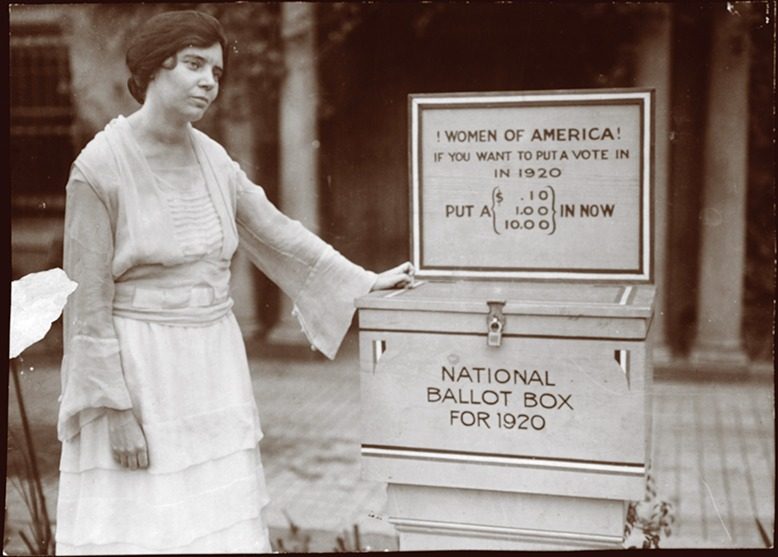
Amy’s Takeaways
Remember way back when we read Olympe de Gouge’s “Declaration on the Rights of Woman and the Female Citizen”? The very first moment De Gouge saw her countrymen’s attempt at a constitution, she knew it was incomplete and she tried to amend it to make it more inclusive. In the United States, as the brilliant Kelly Whited Jones points out, Abigail Adams entreated her husband John to “remember the ladies” as he was helping to write the Constitution… but he didn’t, and our country’s constitution limited its protections to the rights of white, land-owning men. Despite some important advances, women are still not guaranteed equity in the US Constitution, and as the incredible Emily Bell McCormick says, if the Equal Rights Amendment were proposed today, it would sail right through and be ratified immediately. The ERA is stymied today because of outdated, irrelevant arguments of yesteryear. Anyway… my most important takeaway from this episode is that everyone listening needs to look up their state and see whether it has ratified the ERA, and if it hasn’t, WRITE YOUR LOCAL SENATOR TO DEMAND THAT THE ERA BE PASSED.
Listen to the Episode
&
Share your Comments with us below!

